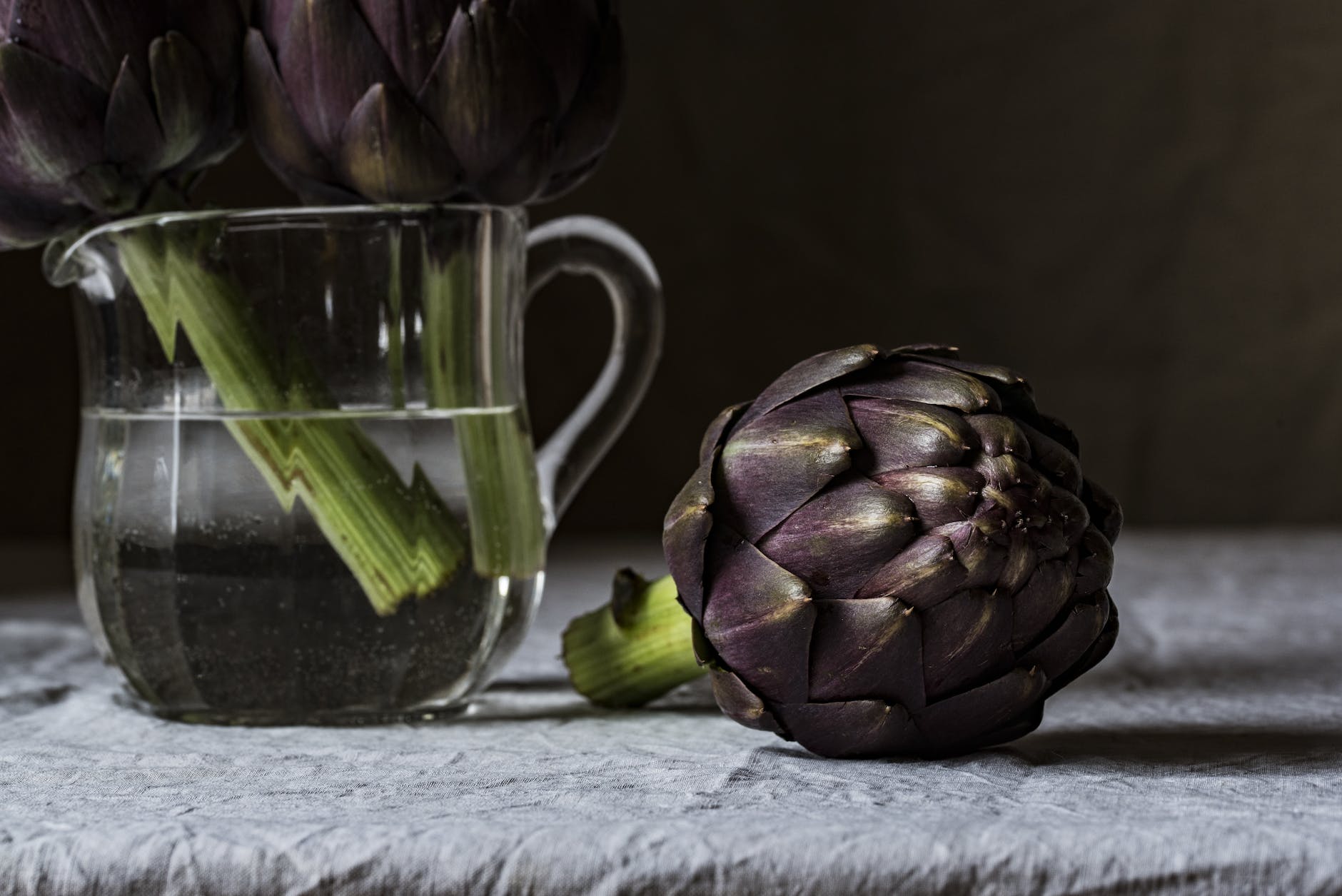
For many, the mention of an artichoke brings to mind a delicious side dish. But beyond its culinary allure, the artichoke has a storied history in traditional medicine, particularly concerning liver health. As interest in natural remedies surges, artichoke and its concentrated extract have garnered attention. This guide seeks to explore its role in liver health in-depth.
1. The Artichoke: A Historical Snapshot
The artichoke, scientifically known as Cynara scolymus, traces its roots to the Mediterranean. Historically, many cultures valued artichoke not just as food, but also for its therapeutic properties, especially concerning liver and gallbladder health.
2. Artichoke and Liver Health: The Direct Link
- Promotion of Bile Production: One of the primary benefits of the artichoke is its ability to stimulate bile production, thanks to the compound cynarin. Bile is essential for fat digestion and helps in detoxifying harmful substances.
- Antioxidant Protection: Liver damage often results from oxidative stress. The presence of phenolic acids like cynarin and silymarin in artichokes acts as a shield, preventing cell damage.
- Addressing Indigestion: Artichokes can soothe various digestion-related woes such as bloating or nausea. This indirect support ensures the liver functions at its best, processing toxins efficiently.
- Potential in NAFLD Treatment: Preliminary studies hint at artichoke extracts’ benefits for non-alcoholic fatty liver disease (NAFLD). This condition, if untreated, can escalate to more critical liver ailments.
3. The Might of Artichoke Extract
While eating the vegetable is beneficial, the extract provides a concentrated dose of all the liver-friendly compounds.
- Concentration Equals Potency: In its extracted form, the beneficial compounds like cynarin are available in a much more concentrated dose, offering amplified liver protection.
- Ease and Accessibility: Not everyone has access to fresh artichokes or the inclination to prepare them. Extracts, often available as supplements, offer a convenient alternative.
4. The Synergy: Pairing Artichoke with Other Supplements
The liver-protective effects of artichoke can be augmented when paired with other supplements.
- Artichoke and Turmeric: Turmeric’s active ingredient, curcumin, offers anti-inflammatory benefits. Combined with artichoke, there’s a potential for enhanced liver protection.
- Artichoke and Milk Thistle: Milk thistle is another natural remedy revered for liver protection, making it a perfect partner for artichoke.
5. Best Practices for Artichoke Consumption
To reap the full benefits:
- Consultation is Key: Before starting any supplement, it’s crucial to consult with a healthcare professional. This is especially vital if you have existing conditions or are on medication.
- Quality Over Quantity: With supplements, always choose products from reputable brands that offer third-party testing for purity.
- Dose Matters: More isn’t always better. Adhere to the recommended dose, and always listen to your body.
6. FAQs: Addressing Common Queries
- Can I take artichoke extract daily? Yes, but always within recommended doses and preferably under professional guidance.
- Are there any side effects? While generally safe, some might experience gastrointestinal discomfort. Again, consultation is recommended.
- Can artichoke help with liver detox? While the term “detox” is broad, artichoke’s ability to stimulate bile production indeed aids in removing waste products.
FAQs: Delving Deeper into Artichoke’s Role in Liver Health
- What compounds in artichoke are beneficial for the liver? Artichokes are rich in beneficial compounds, including phenolic acids like cynarin and silymarin. These compounds are known to stimulate bile production, offer antioxidant protection, and potentially support the treatment of conditions like NAFLD.
- How does artichoke extract differ from consuming whole artichokes? While whole artichokes provide a range of nutrients and fiber, artichoke extract offers a concentrated dose of the active liver-friendly compounds. The extract simplifies access to these benefits, especially for those who might not consume the vegetable regularly.
- Is it safe to pair artichoke extract with other liver supplements like milk thistle or turmeric? Generally, combining artichoke extract with other liver supplements like milk thistle or turmeric might amplify the liver-protective effects. However, it’s essential to ensure that the combined dosage doesn’t exceed recommended levels and to consult a healthcare professional about potential interactions.
- How often should one consume artichoke or its extract for liver benefits? The frequency and dosage largely depend on individual needs and the specific product’s recommendations. While daily consumption might be beneficial for some, it’s crucial to follow label directions and seek expert guidance.
- Are there any side effects associated with artichoke extract consumption? Artichoke extract is generally considered safe for consumption. However, some individuals might experience gastrointestinal discomfort or allergic reactions. It’s always advisable to start with a smaller dose to gauge your body’s response.
- How long does it take to see benefits from consuming artichoke extract for liver health? The timeframe can vary among individuals based on several factors, including the initial state of liver health, dosage, and overall lifestyle. Some might notice improvements within weeks, while others might require a more extended period.
- Can pregnant or breastfeeding women consume artichoke extract? Pregnant or breastfeeding women should always exercise caution with supplements. While artichoke is a natural substance, it’s crucial to consult with a healthcare professional before introducing any new supplement during pregnancy or lactation.
Conclusion
The humble artichoke, in its natural and extracted form, is emerging as a potential protector of liver health. While research is ongoing, early indications are promising. As with all natural remedies, it’s essential to approach them with knowledge, caution, and consultation.
Disclaimer: The aim of this article is to offer informative content. It’s always paramount to consult with healthcare professionals before initiating any supplement or health routine.
Have you incorporated artichoke or its extract into your health regimen? Share your stories and insights in the comments section!
Blog Tags: Artichoke Benefits, Liver Health, Natural Supplements, Artichoke Extract, Antioxidants, Liver Protection, Digestive Health, Herbal Remedies, Bile Production, NAFLD Treatment, Holistic Health, Detoxification, Artichoke and Turmeric, Artichoke FAQs.









